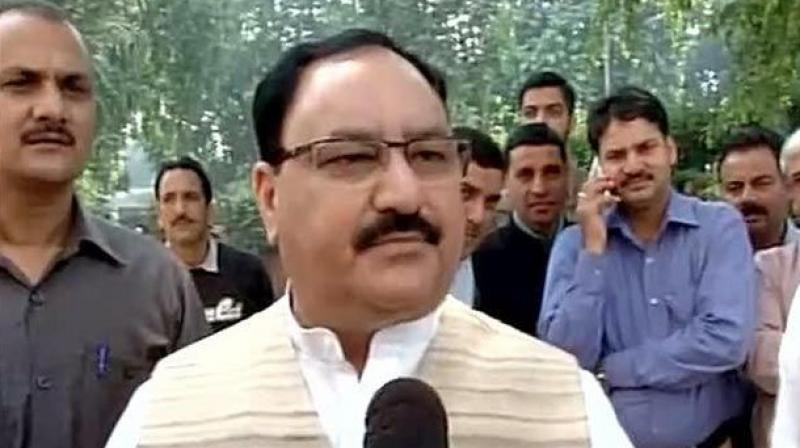Not a Neet deal: Introduction of reservation is legally impossible
Quota for rural students not constitutionally valid.

Chennai: Barely two days after Union minister for health J.P. Nadda said that the National Eligibility cum Entrance Test (Neet) is ‘being implemented’ in Tamil Nadu and asked the state government to consider giving reservation to rural students, educationists and health experts say that such a reservation is not constitutionally valid. Despite the fact that 15 per cent reservation for rural students in the state was introduced during the DMK regime and it was increased to 25 per cent when AIADMK took over, the High Court quashed it when a case challenging the reservation arose.
“The Central ministry is merely playing at creating diversion, which is unacceptable. Such a reservation is not constitutionally valid. The Constitution allows only a Socio Educational Backward quota,” said Dr G.R. Ravindranath of the Doctors’ Association for Social Equality (Dase). “Neet is being implemented for super specialty courses as well, due to which, we will lose all the seats to other states. We strongly oppose the implementation of the Common Entrance Test in state controlled medical seats and urge for the President’s assent for the two separate bills that were passed in the state Assembly,” he added.
Stating that introducing such a reservation is legally impossible, a source who is well versed with the issue said that Gujarat is attempting a pro rata reservation, which is also under challenge. “Once you have an Act that states that the admission has to be through uniform entrance examinations, only the constitutionally permitted reservations - like communal reservations - will be allowed,” he said.
Echoing the same, educationist Prince Gajendra Babu said, “There is no provision anywhere in the country for rural reservation. With the knowledge that the Common Entrance Test will affect the rural and urban poor, Tamil Nadu has taken several steps right from the beginning seeking exemption. The state has systematically followed the legal procedure in implementing the social justice policy programmes.”

